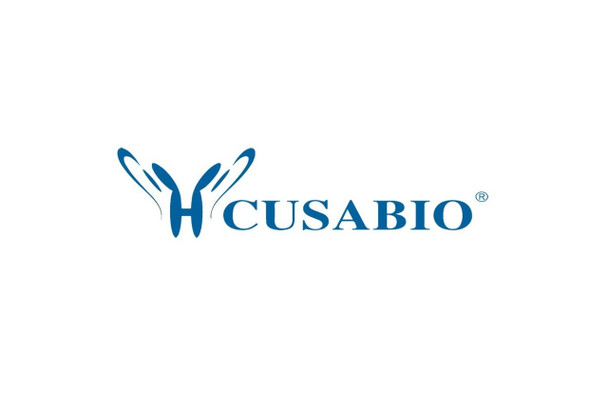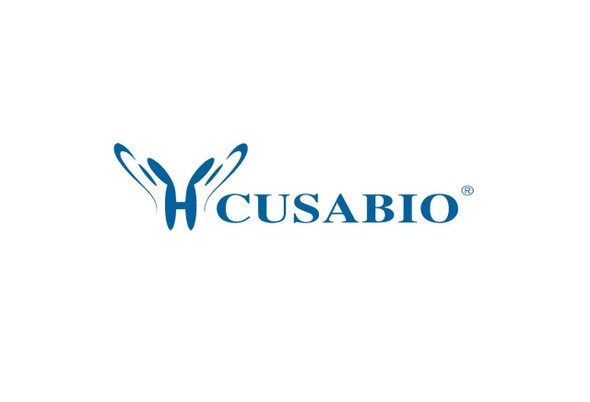Cusabio Polyclonal Antibodies
FAIM3 Antibody | CSB-PA127416
- SKU:
- CSB-PA127416
- Availability:
- 3 to 7 Working Days
Description
FAIM3 Antibody | CSB-PA127416 | Cusabio
FAIM3 Antibody is Available at Gentaur Genprice with the fastest delivery.
Online Order Payment is possible or send quotation to info@gentaur.com.
Product Type: Polyclonal Antibody
Target Names: FCMR
Aliases: Fas apoptotic inhibitory molecule 3
Background: Fc receptors specifically bind to the Fc region of immunoglobulins (Igs) to mediate the unique functions of each Ig class. FAIM3 encodes an Fc receptor for IgM. May play a role in the immune system processes. Protects cells from FAS-, TNF alpha- and FADD-induced apoptosis without increasing expression of the inhibitors of apoptosis BCL2 and BCLXL. Seems to activate an inhibitory pathway that prevents CASP8 activation following FAS stimulation, rather than blocking apoptotic signals downstream.
Isotype: IgG
Conjugate: Non-conjugated
Clonality: Polyclonal
Uniport ID: O60667
Host Species: Rabbit
Species Reactivity: Human
Immunogen: Fusion protein of human FAIM3
Immunogen Species: Human
Applications: ELISA, WB, IHC
Tested Applications: ELISA, WB, IHC;ELISA:1:1000-1:2000, WB:1:200-1:1000, IHC:1:20-1:100
Purification Method: Antigen affinity purification
Dilution Ratio1: ELISA:1:1000-1:2000
Dilution Ratio2: WB:1:200-1:1000
Dilution Ratio3: IHC:1:20-1:100
Dilution Ratio4:
Dilution Ratio5:
Dilution Ratio6:
Buffer: -20°C, pH7.4 PBS, 0.05% NaN3, 40% Glycerol
Form: Liquid
Storage: Upon receipt, store at -20°C or -80°C. Avoid repeated freeze.
Initial Research Areas: Cell Biology
Research Areas: Cell biology











